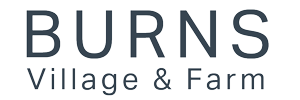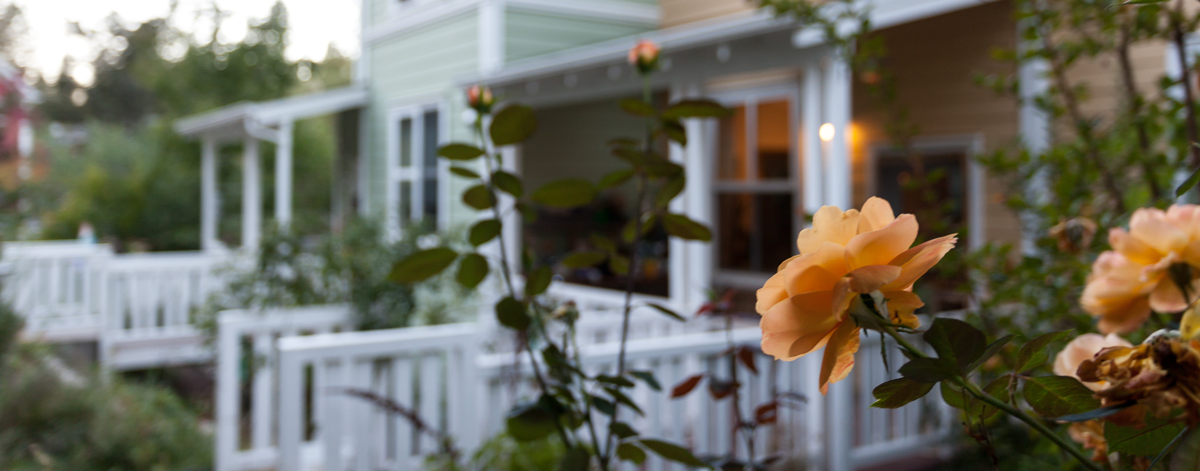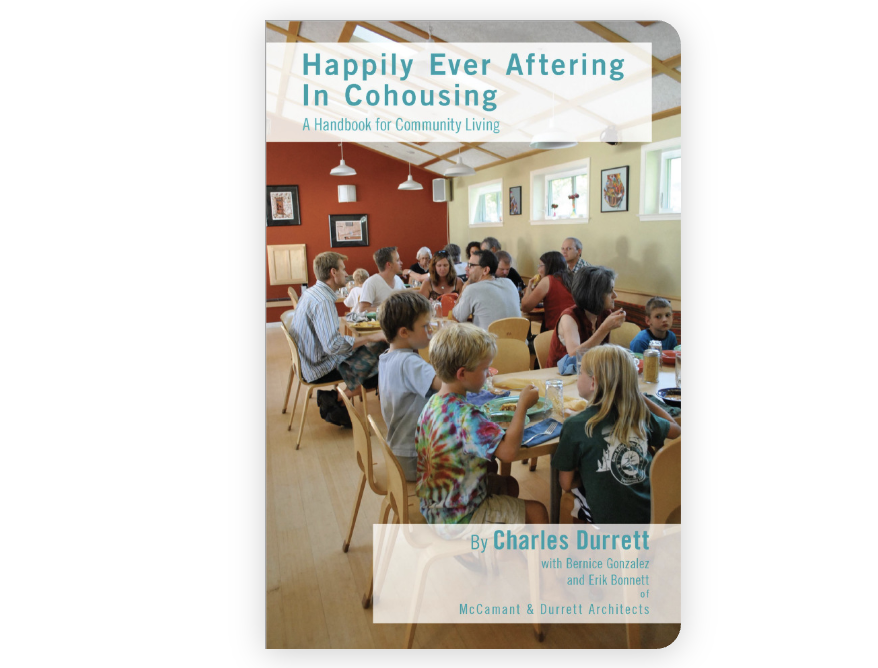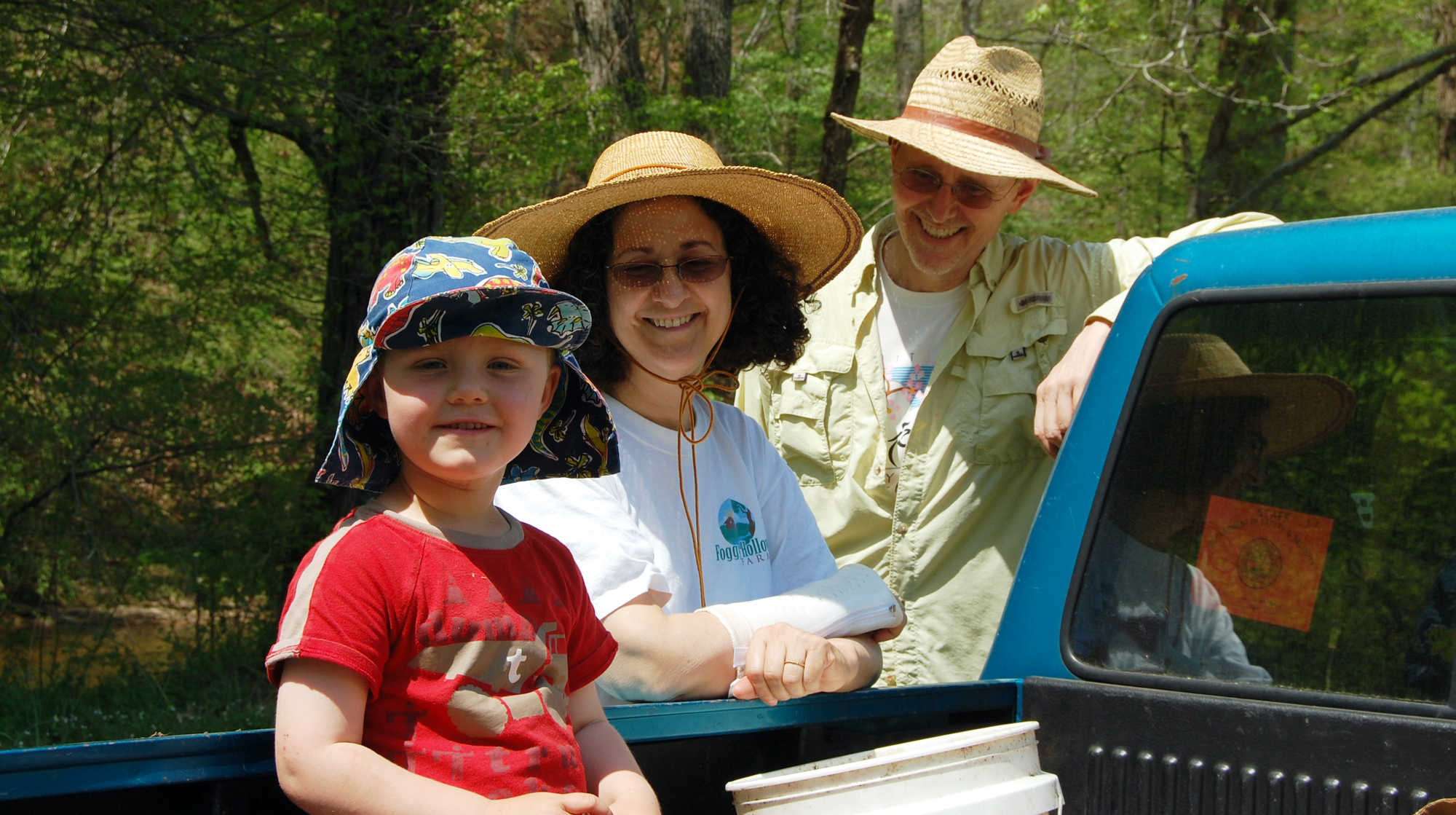
What is a Cohousing Community?
Cohousing communities are designed to foster a sense of belonging among residents within a supportive neighborhood. They feature privately owned homes constructed around shared outdoor spaces and a building large enough for the community to gather for meals, social events, and meetings. This community concept is growing, with more than 150 cohousing communities completed or under construction in the U.S., each with its own unique characteristics .
Front porches allow spontaneous conversations with neighbors.
Know your neighbors
Cohousing offers people the experience of creating and living in a small village, where people get to know their neighbors while preparing and eating meals together, sharing landscaping chores such as planting flowers, and planning and hosting celebrations and social events. They build strong and positive relationships by practicing collaborative decision-making, effective meeting facilitation, and respectful conflict resolution.
The cohousing model that inspires Burns Village & Farm in Tennessee began in Denmark in the 1960’s. It was created by families who wanted a supportive social network and houses that were built to use less energy than conventional homes. The concept is similar to the close knit and self-sufficient villages that some of our ancestors knew.


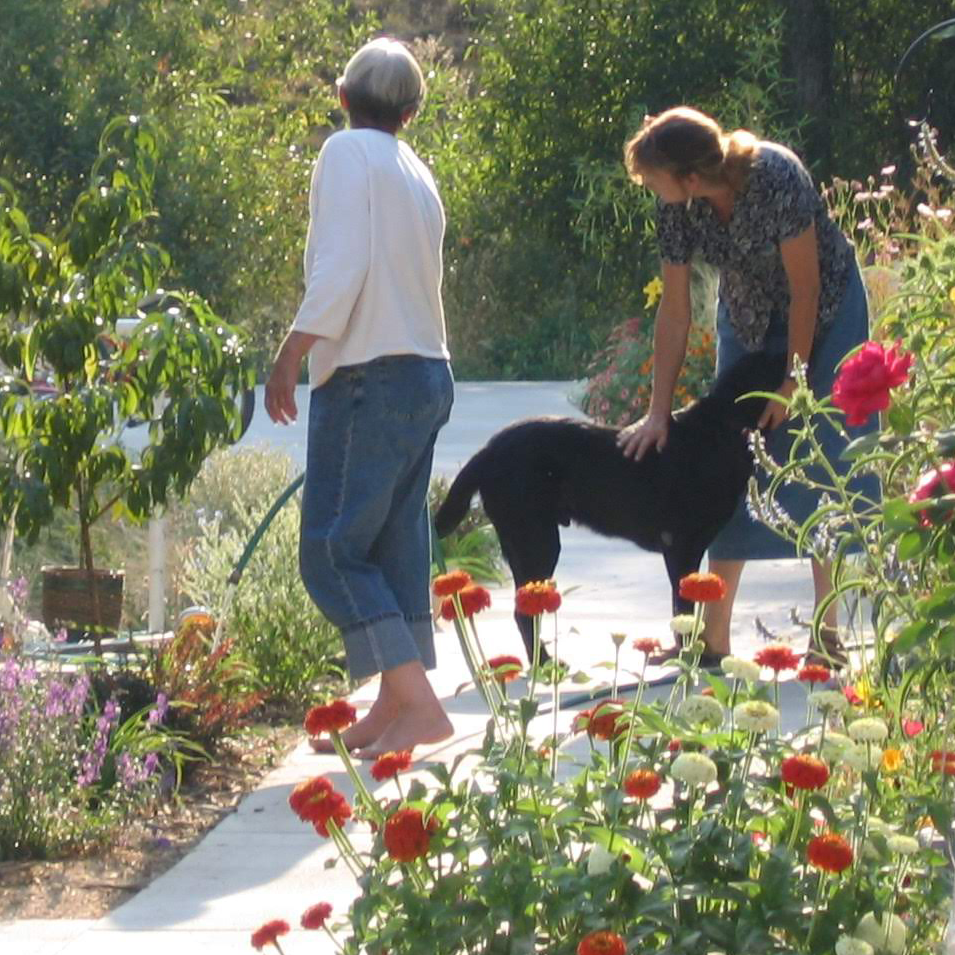
Shared amenities and resources
Cohousing residents are able to scale down the size of their personal homes because they share tools and amenities that they use only occasionally, such as lawnmowers and bicycles. The Common House will also provide guest rooms and amenities such as a shared library, fitness room, and craft room. Cohousing communities often include a common garden spaces where members share tools and knowledge about cultivating flowers, herbs, and fruit and vegetables.
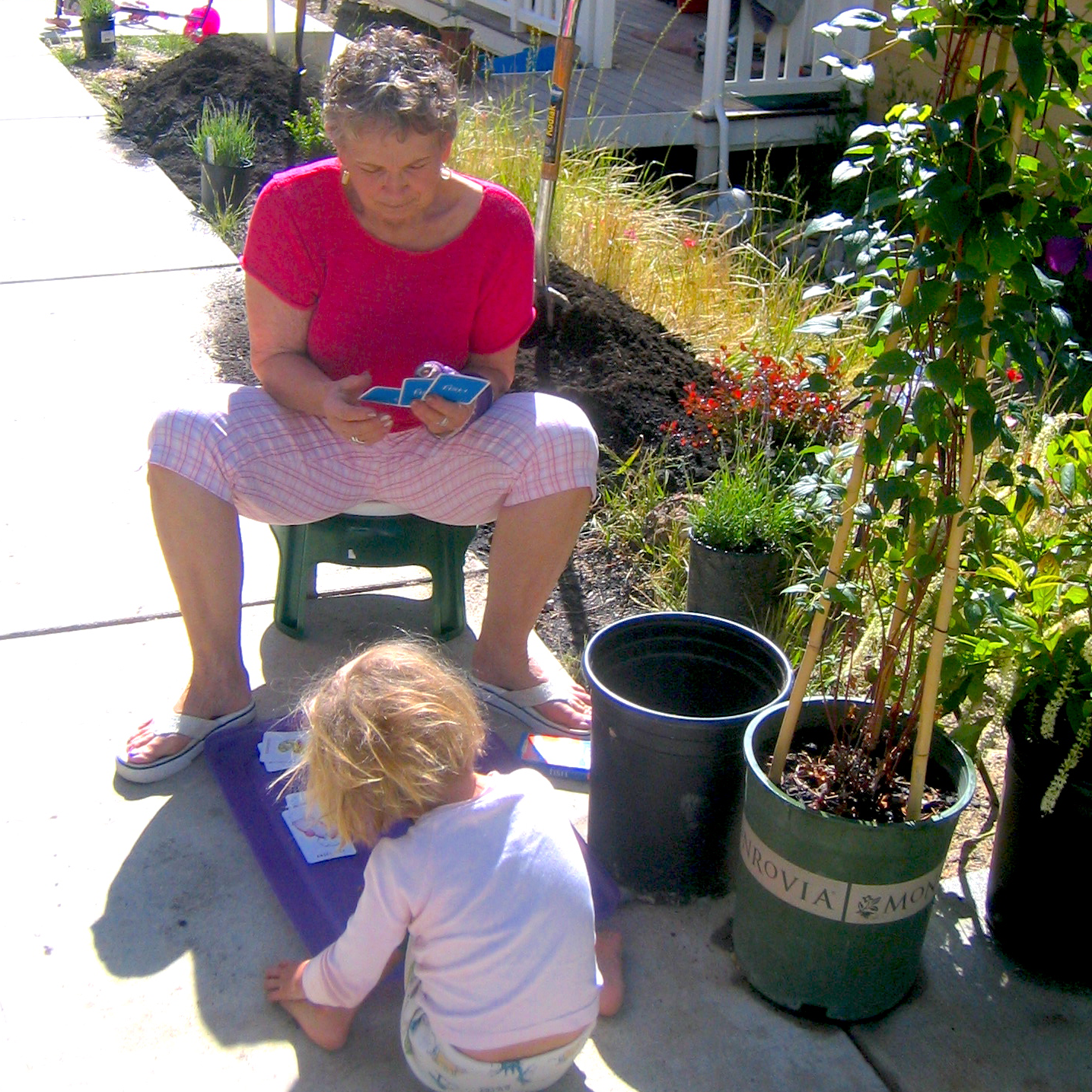
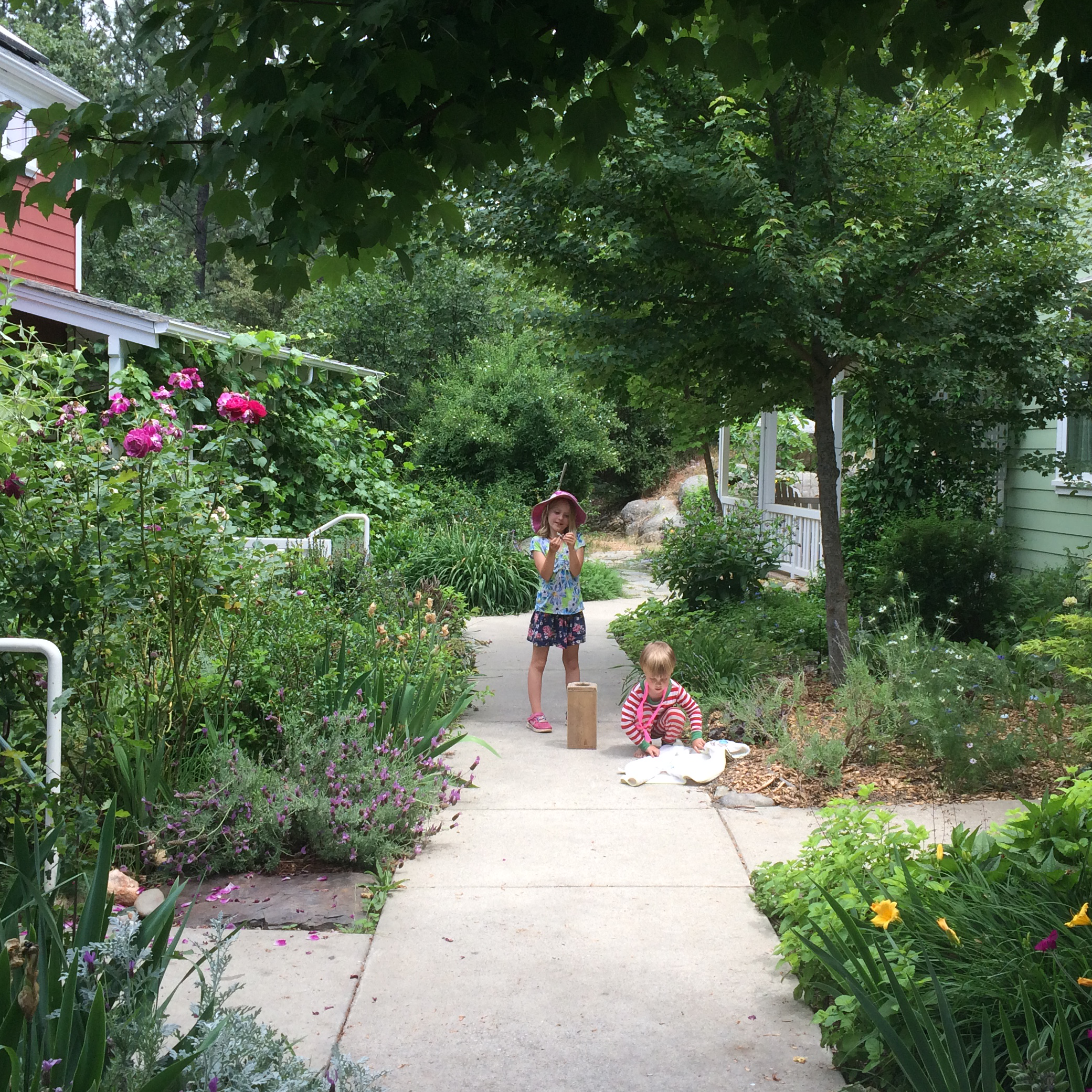

Collaboration
Our members meet regularly online to guide the ongoing community building process. Our Members also participate in Teams to provide orientation to new Explorers and Members, plan our General Member meetings and social events, and manage financial and legal records for the community.
Why Choose Burns Village & Farm?
Conventional housing development vs. our planned community
Credit: Infographic adapted from Stephen Sylvan, Eastern Village Cohousing, and Cohousing Collaborative, LLC, Falls Church, VA, with permission.
